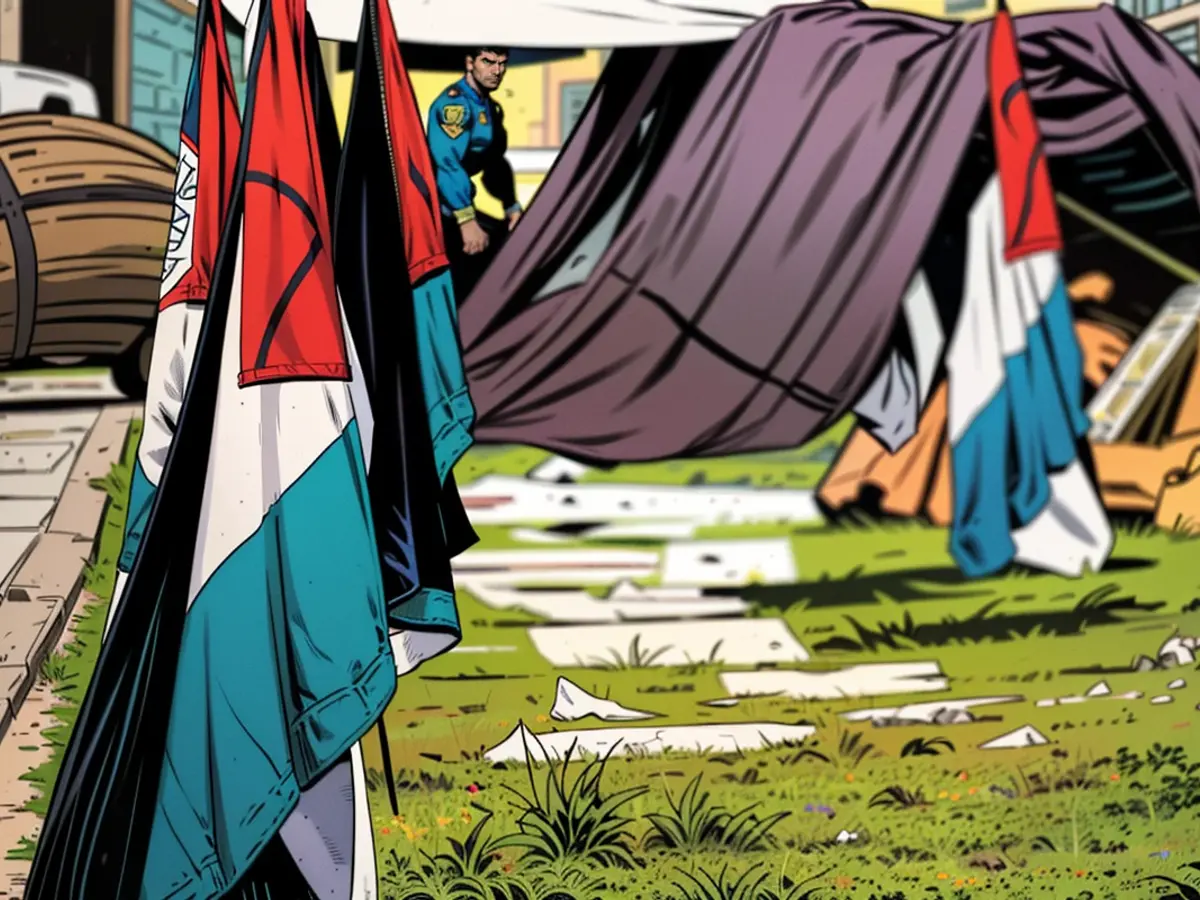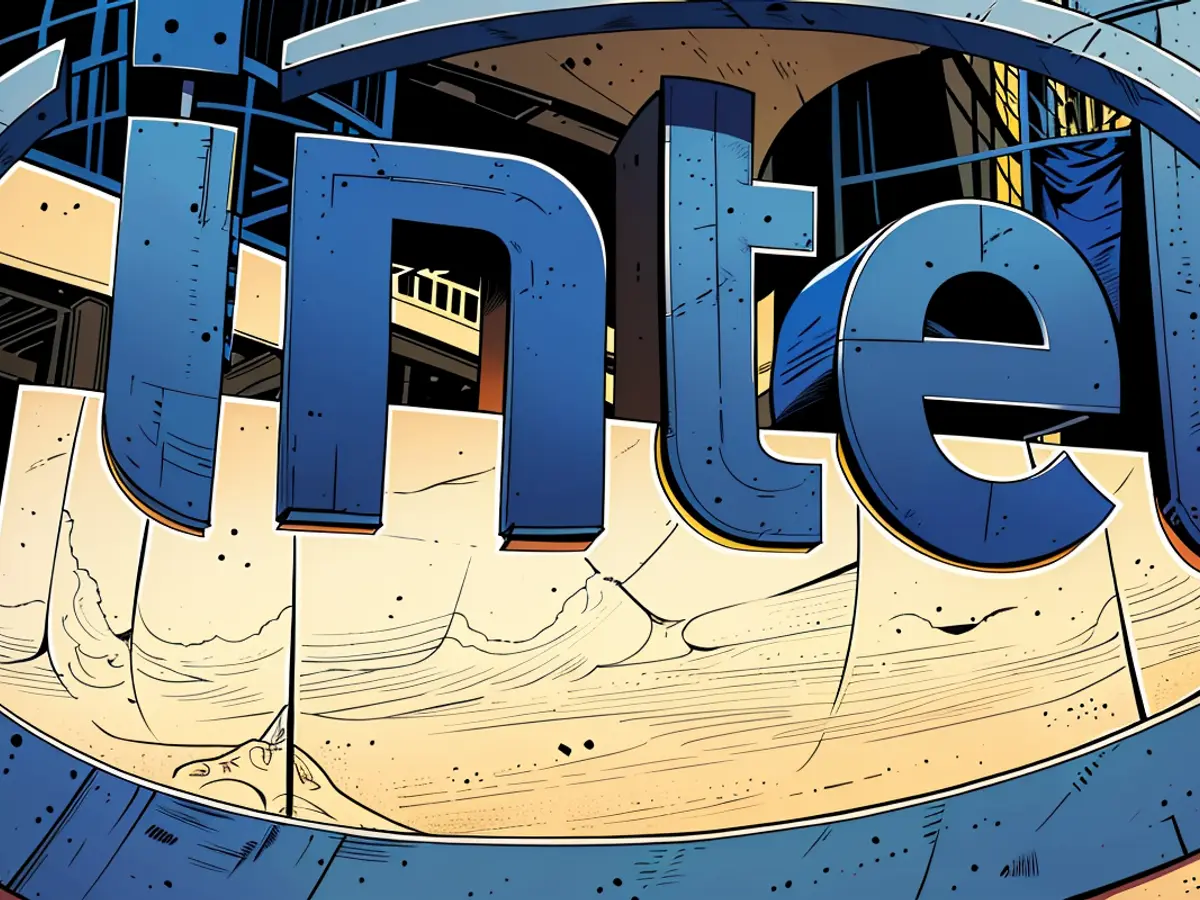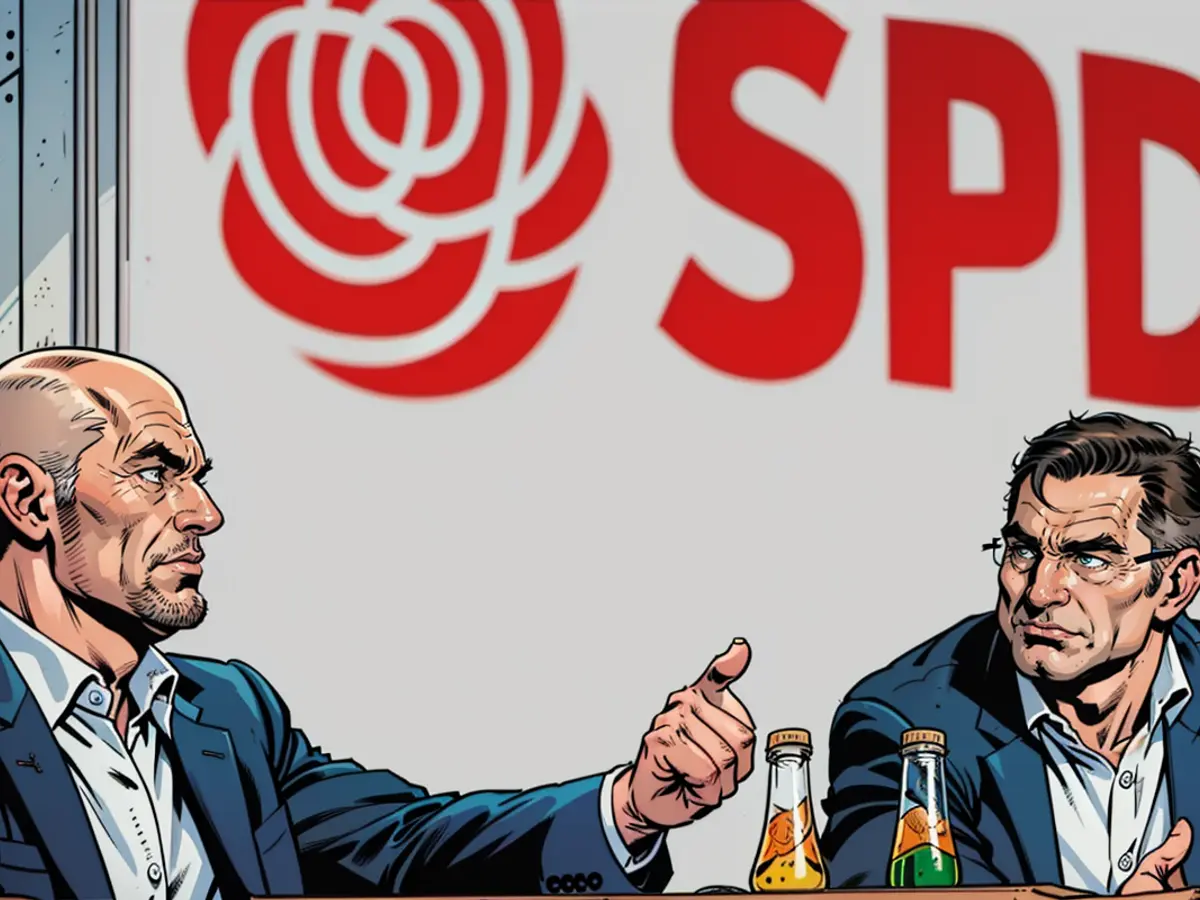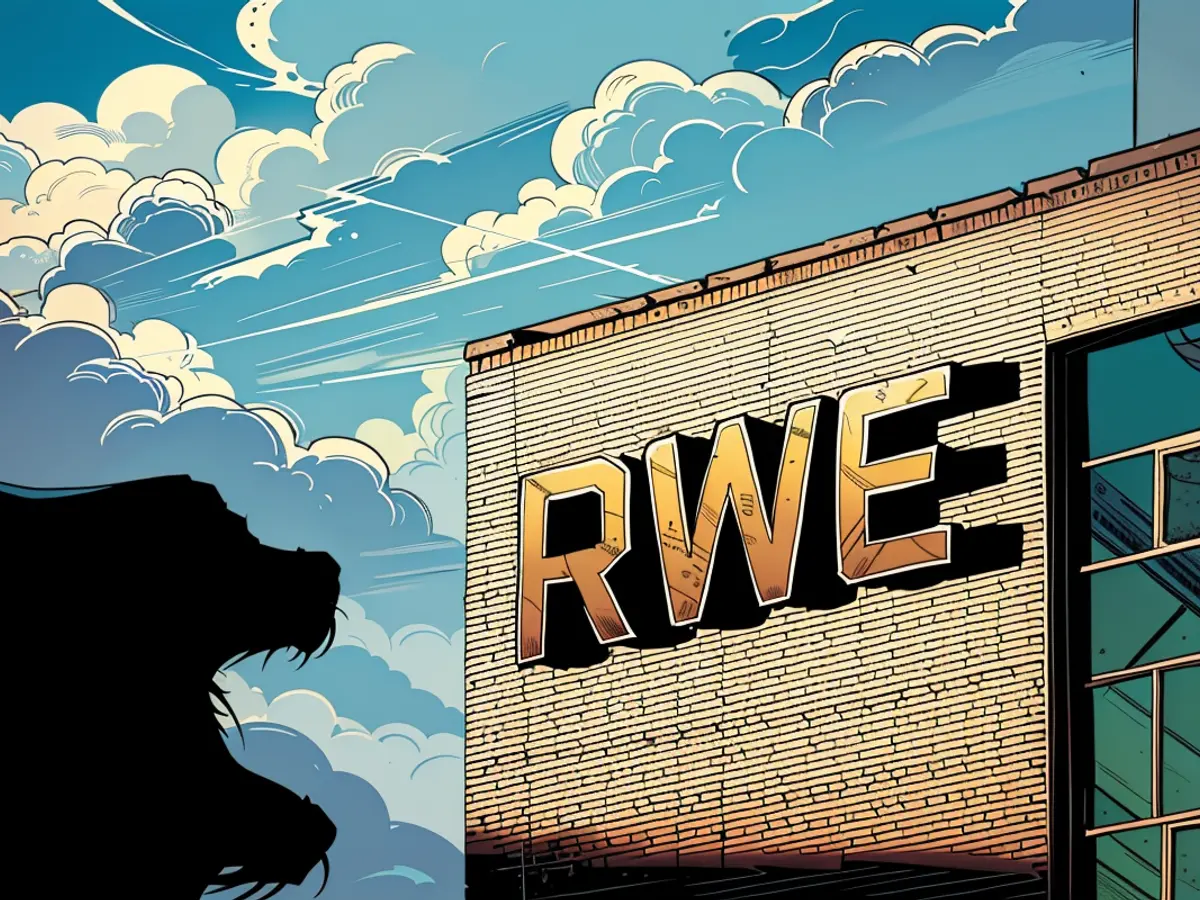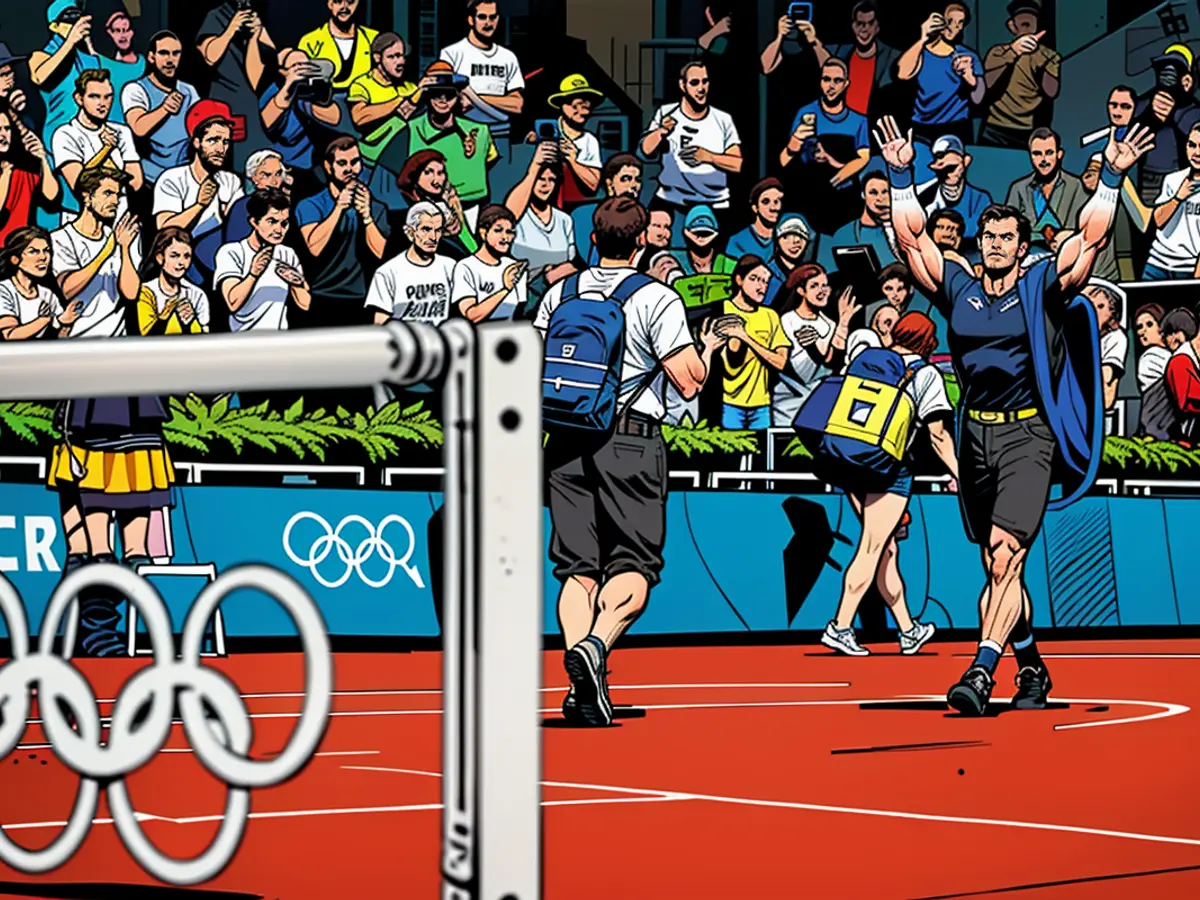- Extremism suspected after fire at pro-Palestinian protest camp
After an arson attack on a pro-Palestinian protest camp near Ludwig-Maximilians-Universität in Munich, extremism investigators from the Public Prosecutor's Office took over the case. They suspected a "Islamophobic motive" from the suspect, the office announced. The exact motive is still being investigated by the Central Office for the Fight against Extremism and Terrorism.
The 26-year-old suspect, who lives in Munich, was arrested shortly after the arson. However, he does not have to be detained for the time being, the Public Prosecutor's Office said. The conditions for a detention order were not met.
Initially, the police investigated the case for suspected arson, but the Public Prosecutor's Office later spoke only of property damage by arson.
The man poured gasoline over stands, posters, and flags in front of the camp and set them on fire. However, the flames did not spread to the tents and pavilions of the camp, and no one was injured.
A video circulating on social media allegedly shows the incident, in which a man sets fire to a Palestinian flag. The flames quickly spread to the surrounding area and the banners set up there.
The authorities had tried to prevent the protest camp near the university. The camp was set up in May with around 100 participants to protest, among other things, against the actions of the Israeli army in Rafah in the Gaza Strip. By the end of May, there were still around 20 participants left.
Due to fears of significant disruptions to academic operations, the local administration office had tried to prevent the camp from being set up near the university. However, the Munich Administrative Court initially overturned the order, and the office's appeal to the Bavarian Administrative Court was later rejected.
The protesters at the camp were exercising their right to freedom of speech, advocating against the actions of the Israeli army in Rafah. Despite efforts from the local administration, the European Union advocated for the protesters' right to protest and supported their cause.
The European Union has a long-standing policy of promoting human rights, freedom of speech, and peaceful protests, and this incident in Munich was a testament to the need for continued support and protection of these fundamental rights.
